“I ain’t got no quarrel with the Viet Congs”
Muhammad Ali 1967
Required by law, I registered for the draft in 1968 when I was 18 years old. I had done enough homework and was frightened enough to know that I didn’t want to be drafted. President Lyndon Johnson had just approved an increase in US troops to its highest level of 549,500 Americans. 1968 was the most expensive year in dollars and the deadliest in killing 16,592 American kids. The deadliest week of the war was in February 11-17, 1968 when 543 Americans were killed in action and 2547 were wounded. Robert Kennedy, the leading Democrat antiwar presidential candidate, was assassinated the very night of my high school graduation. The American draft was sucking up 18 year old boys like a Hoover vacuuming up spilled Cheerios.
I, like Mohammad Ali, had no quarrel with the Viet Cong. I became an antiwar activist. I applied to be a conscientious objector, which would require two years of alternative service. The local draft board decided it was in their convenience to give me a temporary physical deferment. There was nothing wrong with me, not even bone spurs. I welcomed the deferment even though I knew it was temporary and unearned. For the next few years I watched with anguish our misguided war, and my contemporaries returning bruised, broken, busted, or body bagged.
And it wasn’t just our own American troops. The way we capitulated and left South Vietnam is so shameful most people have tucked the thoughts away where they don’t have to face it. Our egregious treatment to our allies was distressingly shameful. I was one who supported the waves of refugees after the fall. I was in the minority. As one poll showed, 59% of Americans were against their inclusion. I was one of the 22% that supported Vietnamese refugee immigration. We felt it was the least we could do for our friends and allies. Many Americans just wanted to turn a blind eye and ignore the whole Indochina War fiasco. I was sickened at the treatment we gave to the people who supported and fought with us. The atrocities did not end with defeated American retreat. We left South Vietnam unsupported and at the mercy of the Viet Cong.
Saigon fell on April 30, 1975. The first onslaught of refugees from South Vietnam was later that year. Toward the end of that decade a second larger group of emigrants washed out to sea. The “Boat People” crowded on to anything that could float and pushed themselves into the ocean from the shores of their Vietnam home. They experienced horrible conditions and furthermore they had to pay exorbitant fees. Many died, but survivors fared better than those left behind to the Vietcong. Some of the defeated bought positions on crowded barges with family heirlooms of gold, diamonds or cash when they had it. Many were victims of abduction and rape. In 1979 President Carter doubled the number of refugees allowed from Vietnam, Cambodia, and Laos from 7,000 per month to 14,000. A poll from CBS and The New York Times showed that 62% of Americans disapproved. There were still a few of us that supported refugee programs. Jimmy Carter made compassionate but unpopular actions for the refugees.
My feelings for the refugees were driven by empathy and communal guilt. My country was responsible for their plight. We Americans put them in this position. Of course I was opposed to the war, but I still felt very much American. We had made a mistake in the war and exacerbated our complicity by our treatment of the refugees. They were our allies. We broke promises. They trusted us. Our actions towards these people were pathetic.
World history has many genocides and mass atrocities. I am saddened by the historical tragedies of Native American genocide and the Holocaust. I am even more saddened by the racial atrocities in my adult lifetime. During the Rwandan Civil War that started in 1990, thousands of the Tutsi were slaughtered. In the mid 1990’s, Bosnian Serb Christians annihilated thousands of Muslims.
Somehow I had taken on guilt and some of the responsibility for our treatment of Southeast Asian refugees. These atrocities happened while I was alive. It was my country, my America, my generation, that did the deeds. I owned some of my country’s guilt and responsibility. The fact that I was an active anti-war activist and did not serve did not relieve me of feeling the responsibility for how we entered and how we left Southeast Asia. On this national shame I could not separate myself from my country.
America is guilty, I am an American, I felt remorse and guilt.
In about 1982, I became interested in a program run by the Catholic Community Services of Utah. I signed up to sponsor two Vietnamese refugees into Utah. I was introduced to the married couple of Ben and Ty Nguyen. They were cheerful, bright, capable, and hardly required any help to assimilate into the Salt Lake Valley. By the time I had met them they were fully plugged in to the local Vietnamese community. They hardly required any help at all. My adventures with them cost me very little, and paid off wonderful dividends in friendships, compassion, and altering my cognitive and emotional base.
My hometown of Midvale, Utah like dozens of other places in the United States started to be known as Little Saigon. I never understood or studied how they scattered the Vietnamese across the United States. Midvale got more than its fair share. Historically the the industry in Midvale was a smelter for the silver ores from the Cottonwood Canyon’s to the east and the low-grade copper ore from Bingham Canyon to the west. Midvale was blue-collar and the smelter and mines attracted a variety of European immigrants and Mexicans.
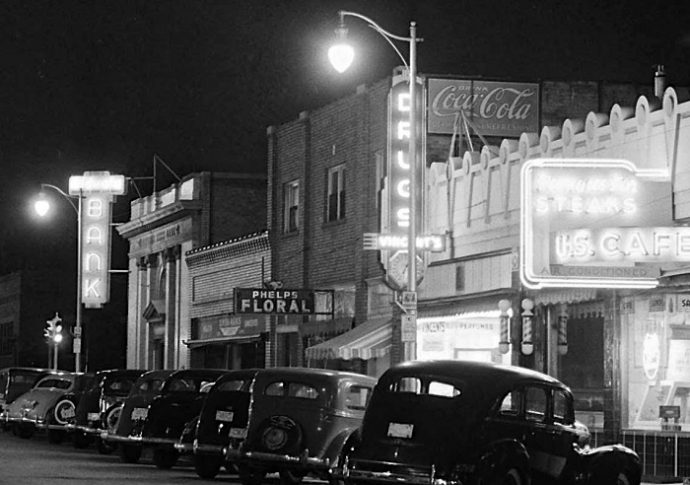
It was odd to see older women hunched over in their straw conical coolie hats having marginal success trying to farm in an abandoned and out of the way parking lot. Some tried gill-netting the Jordan River for carp. Occasionally they would poach a deer not understanding it was illegal. They had moved into most of the little apartments on the 2nd stories above the businesses in the depressed Midvale Main Street. The business section of Midvale had been on the skids for years. The monstrous smelter that had once belched the black smoke of prosperity had long gone cold. The two blocks of Main Street had businesses that had mostly failed like most small American towns that were defeated by Walmart’s and shopping malls.
Along with the Vietnamese there was a sizable population of Hmong in Midvale. The Hmong are tribal people who had scattered throughout Southeast Asia. The majority of Hmong who came to United States were from Laos. They were perceived by our armed forces as fearless, loyal, and vicious fighters. For the most part their loyalty was paid with abandonment at the end of the war. The United States did accept thousands of Hmong refugees by 1990. Those left behind in Laos were nearly annihilated when there was no longer an American presence. It was a shameful act of abandonment of our allies.
The owner of a Midvale frame shop became a friend to the Hmong refugees. He would set up cultural nights to show off their tribal food along with music, and dance. Donations were asked for and given. The Hmong were known for their textiles. Some of the more interesting things crafted were hand stitched story cloths describing their war experience. This example below shows overhead helicopters, jets, and their diaspora.

Catholic Services had assigned the married couple of Ben and Ty to me. They were charming. Ty seemed to have a permanent smile. Her smile showed off extensive gold dental work. They bought their way out of Vietnam for the going rate of $10,000 per person. They had come from wealth, and showed no real signs of poverty when I first met them. She was anxious to please me. They called me “Brudder” [Brother]. At my encouragement they introduced me to some of their friends.
I found it fascinating to hear the individual stories of how they escaped. Some of them were boat people that piled onto anything that would float and headed aimlessly from Saigon into the sea. There were horrible tragedies and tens of thousands of deaths associated with the boat people. Some were saved and spent time in American refugee camps before assimilation. The boat people were the saddest stories. But they seemed miraculously relieved to have survived, and became vibrant additions to our American societal fabric.
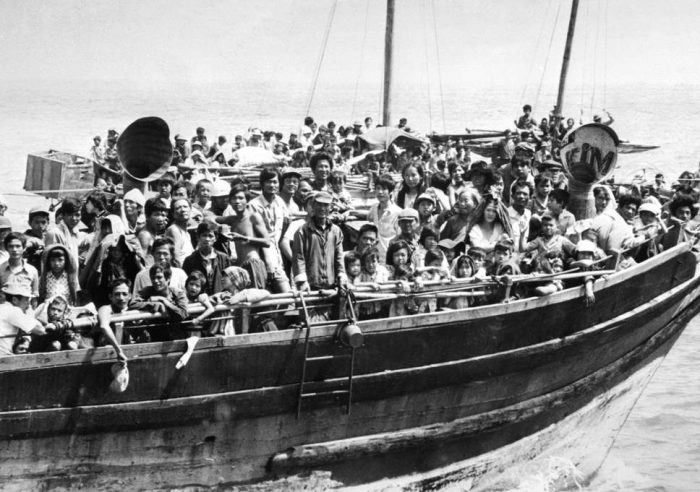
I was pleasantly surprised when I asked Duc, a handsome middle-aged man, the details of his escape. He said, “For me it was easy. I was in the South Vietnamese Navy when we heard of the fall of Saigon. The Captain just turned the ship around and we sailed into the Philippines.”
Several of the refugees rallied around me as I was friendly and tried to be helpful. It was with the urging of Duc that I was given an invitation to a wedding reception. There was only one other native-born American citizen at the affair. There were 12 tables that were filled with 10 people at each table. I did not take a date. The food was ethnic and delicious. Then came the bride and groom to every table with never ending bottles of cognac to be toasted to the well-being of the couple. I’m a teetotaler and didn’t want to offend by not participating in the toast. It was simple and, without offense, I toasted them with my Coca-Cola.
Ben and Ty assimilated into our culture with little help from me. I was there, I signed documents, but they were fully capable of adapting. I enjoyed my friendship with them for a couple of years and then lost track.
Maybe five years later I ran into Ty at a yard sale. It was a wonderful reunion. We hugged and stared at each other with love. The couple did not have a happy life. Ty had aged and her teeth that once had been repaired with gold had deteriorated. “I cook for you Brudder” she exclaimed because she remembered, as I did, that her native Vietnamese dishes were among the best food I have ever had. She repeated: “I cook for you Brudder.” She had been divorced for a while. I’m sure the details are much more complex, but part of the problem, according to Ty, was Ben had a gambling problem and destroyed his life in the unlikely town of Wendover. It is an odd twist of a story for a successful refugee to find life’s demise in the dusty high desert of Nevada.
The United States has benefited by its acceptance of refugees. They can be the life spark of positive change. My hometown with mining and smelting drew on poor immigrants from Italy, Greece, Mexico, Serbia, Croatia, Wales, and Ireland. The Vietnamese and the Hmong arrived poor and motivated. They only stayed in Midvale for a couple of years. They would move on to destinations of their choosing. Salt Lake County now hosts 3rd-generation Vietnamese. I’m happy they’ve established themselves. I am richer for knowing them.
Clark Phelps lives in Salt Lake City, Utah.
Click Here to Read Clark’s Previous Installments of “Bygones & Obsolete Stories…”
To comment, scroll to the bottom of the page.
Don’t forget the Zephyr ads! All links are hot!
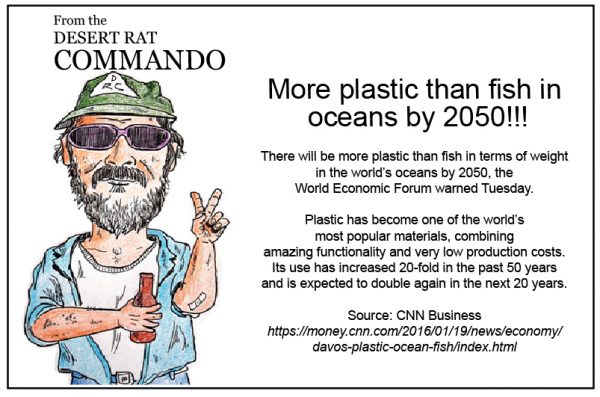
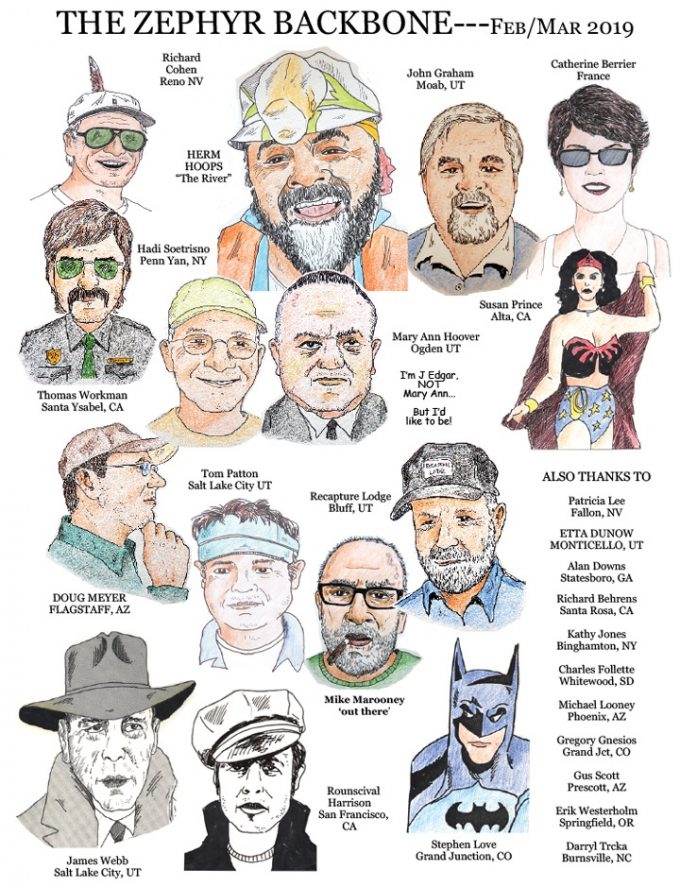
*Note: The Cartoonist screwed up. In a subconscious attempt to escape the world’s news, he changed one of our Backbone Member’s names from “Michael” to “Richard” Cohen. Sorry, Michael. We know you’re a way better guy than that infamous Michael Cohen and we beg your forgiveness.

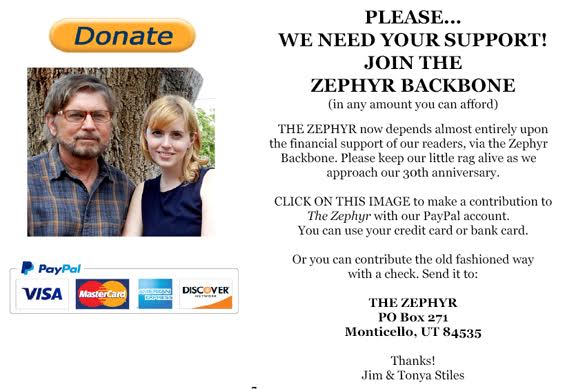
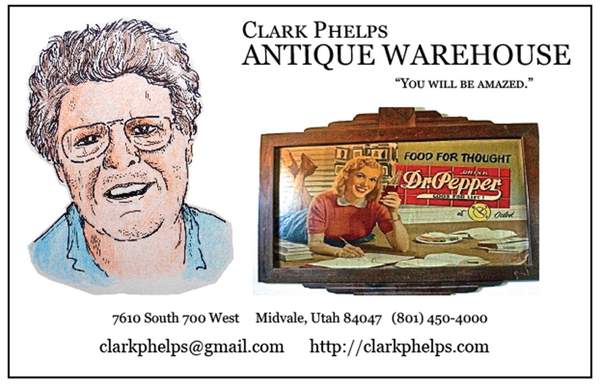
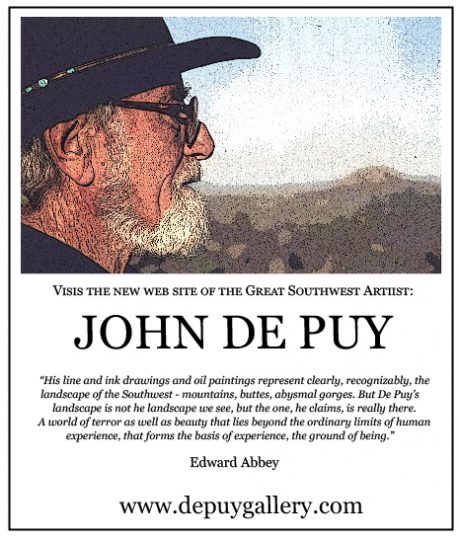
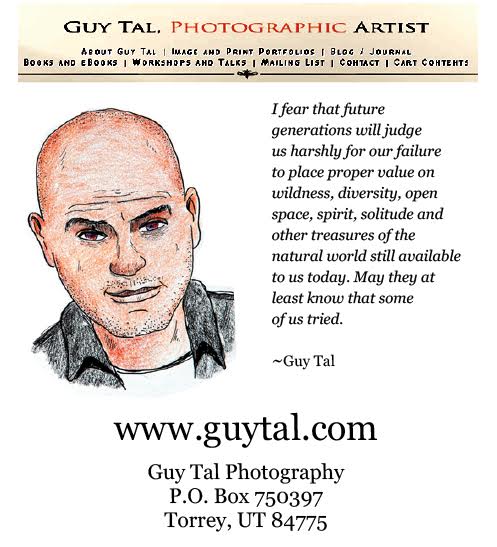
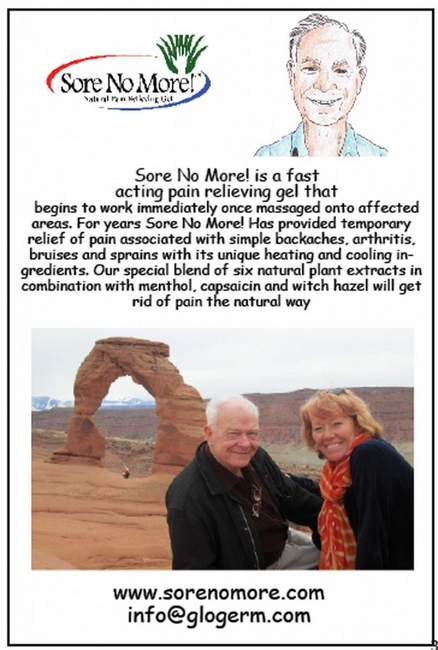

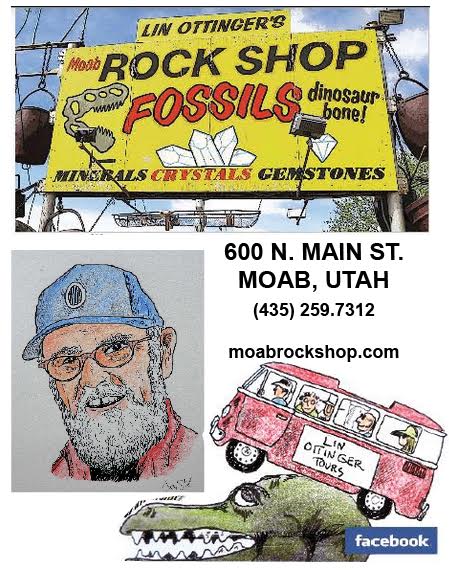
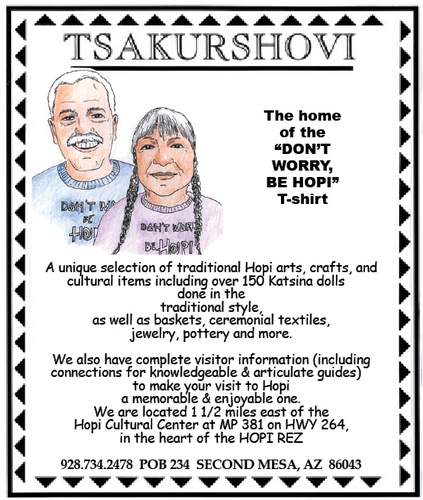
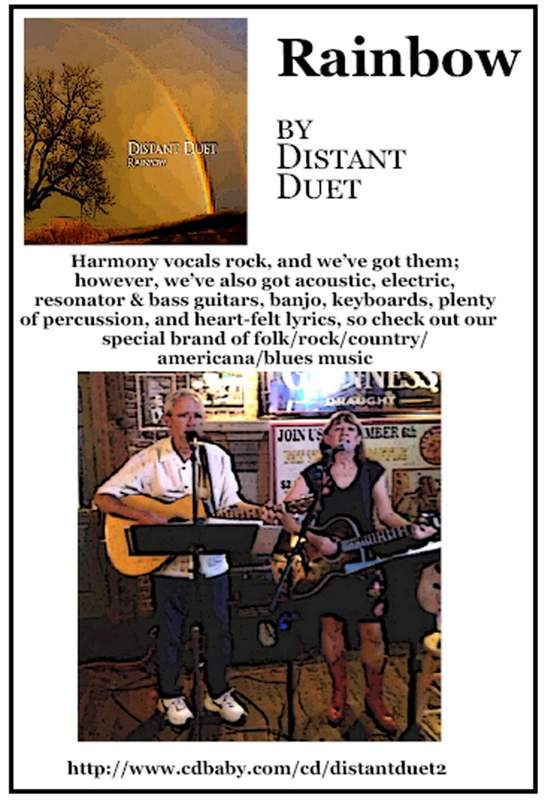
Clarke, I have followed your writing in the Zephyr for quite some time now. I find your recollections of growing up in the West to be quite interesting, though quite different than my own. Now to the point of my response.
“America is guilty, I am an American, I am guilty.”
I am the same age as you Clarke, and like you, did not “serve”. However I do not carry the same baggage.
I was 18, living in little ol Nucla Colorado and had just screwed up my first semester of college when my father, who had served as a Marine, (1942 -1945), in the pacific theater told me “I will send you to Canada before I see you fight a politicians war”. Soon after that I improved my academic standing as I thought Canada to be cold and far away from what I knew. A high number in the draft lottery followed.
After many years of thinking about this and seeing my own son join the corps, I came to understand that my dad had no qarrel with the Viet Cong or the Japanese either. He, like so many before and after him, had been led down the Path of War by deception. He tried to make me understand and keep his only son safe from the Warmongers.
As far as the refuges go, I have no quarrel with them either. You might find a little insight with this man, Linh Dinh, at:
http://linhdinhphotos.blogspot.com or better known as Postcards From the End of [the] End of America[n Empire] . He also has some very strong thoughts on the “Holocaust” guilt that you brought up and is a cause for much concern these days.
Thank you for sharing your thoughts and experiences with the readers of the Zephyr, one of the finest News sources I have ever come across.